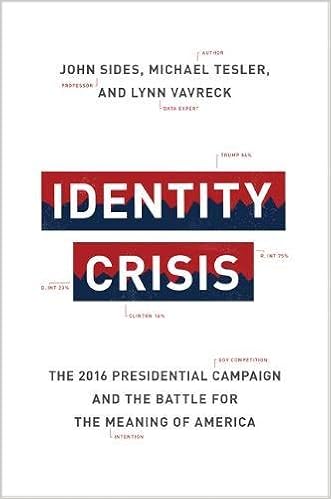Here are Jürgen Habermas’ recent remarks on “the future of Europe” at an event with President-elect Emmanuel Macron and German Foreign Minister Sigmar Gabriel. They spoke in March, before the election, but Habermas credits Macron with courage in “a challenging situation.”
Habermas calls for broad public deliberation about the basic values of the European Union, in contrast to a technical negotiation among elites.
European unification has remained an elite project to the present day because the political elites did not dare to involve the general public in an informed debate about alternative future scenarios. National populations will be able to recognize and decide what is in their own respective interest in the long run only when discussion of the momentous alternatives is no longer confined to academic journals – e.g. the alternatives of dismantling the euro or of returning to a currency system with restricted margins of fluctuation, or of opting for closer cooperation after all.
This has been a consistent theme for Habermas for more than seven decades as a public intellectual. In the 1950s, he argued against counting on the German Constitutional Court to define and protect the Federal Republic that had been designed by the Western allies. Instead, the German people must hold a democratic conversation that led to democratic institutions. Likewise, when East Germany fell, Habermas argued that its political institutions were worthless, but that the peoples of East and West should come together to design a new constitution for a unified Germany. (Instead, the GDR was simply absorbed into the post-War Federal Republic.)
Habermas names a list of crises that he thinks are forcing a broader and deeper conversation: Syria, terrorism, and (in a word) Trump.
Nationalist, racist, anti-Islamic, and anti-Semitic tendencies that have acquired political weight with the program and style of the new US administration are combining with authoritarian developments in Russia, Turkey, Egypt, and other countries to pose an unexpected challenge for the political and cultural self-understanding of the West. Suddenly Europe finds itself thrown back upon its own resources in the role of a defensive custodian of liberal principles (providing support to a majority of the American electorate that has been pushed to the margins).
Habermas has always been friendly to the American people and culture, which is a noteworthy stance for the head of the Frankfurt School. He seems to have been a fan of Barack Obama. I appreciate his support for the liberal part of our electorate.
Finally, Habermas calls for an expansion of democratic public spheres beyond the nation-state, in response to the globalization of public problems.
The institutionalization of closer cooperation is what first makes it possible to exert democratic influence on the spontaneous proliferation of global networks in all directions, because politics is the only medium through which we can take deliberate measures to shape the foundations of our social life. Contrary to what the Brexit slogan suggests, we will not regain control over these foundations by retreating into national fortresses. On the contrary, politics must keep pace with the globalization that it set in motion. In view of the systemic constraints of unregulated markets and the increasing functional interdependence of a more and more integrated world society, but also in view of the spectacular options we have created – for example, of a still unmastered digital communication or of new procedures for optimizing the human organism – we must expand the spaces for possible democratic will-formation, for political action, and for legal regulation beyond national borders.
See also: Ostrom, Habermas, and Gandhi are all we need; Matthew G. Specter, Habermas: An Intellectual Biography and Habermas and critical theory (a primer)





